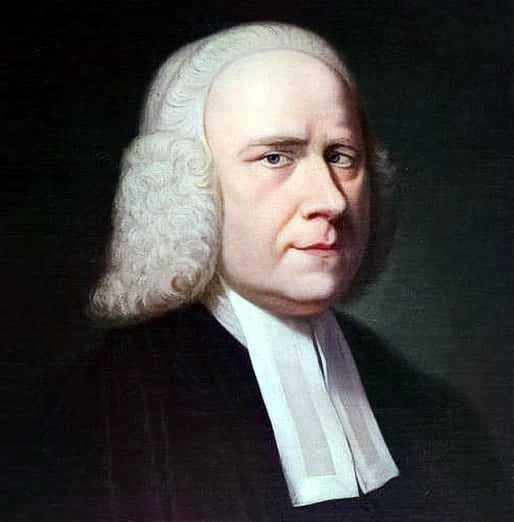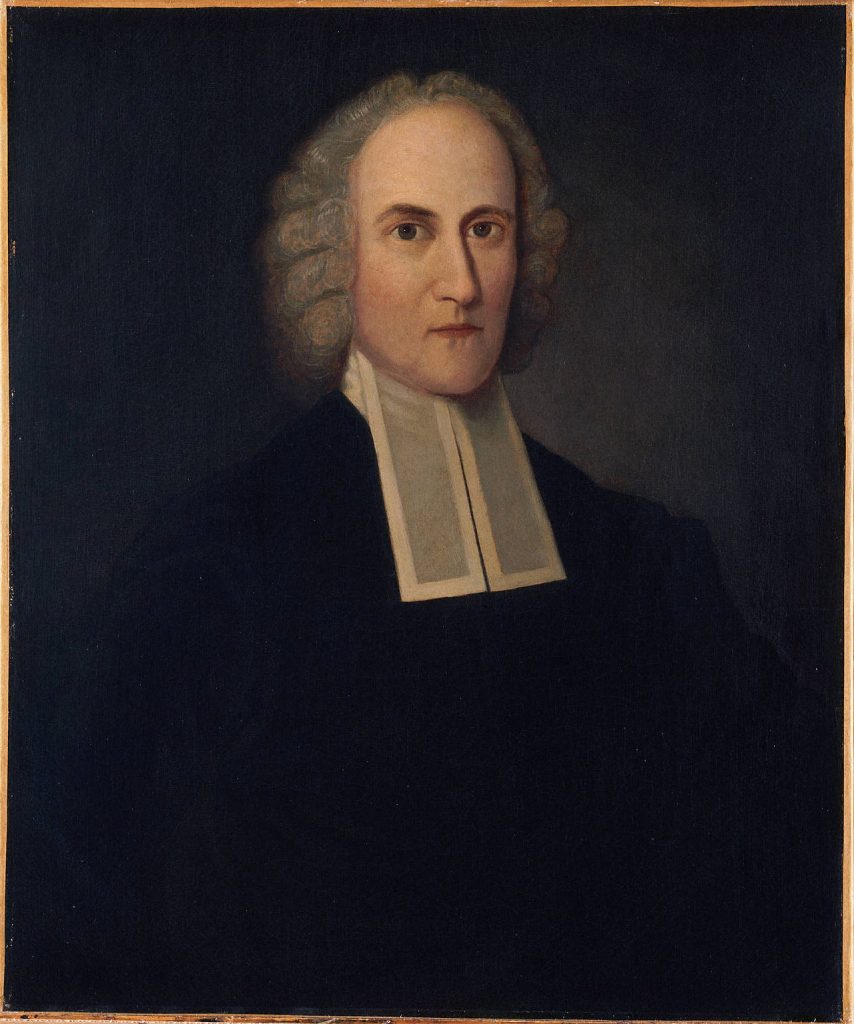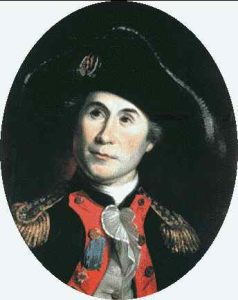Contents

Contents
The Great Awakening (also known as the First Great Awakening) was a Christian spiritual revival that occurred in the Thirteen Colonies in the 1730s and 1740s.
What was the Great Awakening?
In the early 1700s, American society was abandoning God, from the perspective of church leaders.
Many in society were doing well for themselves as merchants, or in other skilled trades, and had become focused on material wealth and possessions. Social mobility was quite good, at least compared to in England, and there was a strong middle class.
At the same time, religious engagement was falling. Christian establishments, controlled by the Anglican Church and Congregationalist churches, were quite rigid, and were considered overly formal, leading society to become more secular. The Age of Enlightenment in Europe was also helping to spread secular thinking in the Thirteen Colonies.
Christian leaders knew that change was required. Spearheaded by evangelical preachers such as Jonathan Edwards, and George Whitefield, Christian ideals underwent radical change.
- People were encouraged to challenge the authority of established churches, particularly the Anglican and Congregationalist structures that were intertwined with colonial governance.
- Preachers began using language such as “liberty”, “justice”, and “freedom” for the first time, giving followers a stronger sense of individual rights. Preachers espoused that defending liberty and opposing tyranny was a divine duty.
- The Great Awakening preached that all souls are equal in the eyes of God, which resonated with poor and marginalized groups.
- Sermons became more direct, and less dense, making them easier to follow.
Effect: traditional power structures were challenged

The new rhetoric pastors were using encouraged people to challenge traditional power structures in the Thirteen Colonies – including the Anglican and Congregationalist churches.
If individuals could reject the authority of established churches, it was logical to consider rejecting a distant, unresponsive government as well.
The Great Awakening also promoted democratic principles, directly challenging the governance style used by the British, especially in the aftermath of the French and Indian War.
With the Great Awakening sweeping the colonies in the 1730s and 1740s, by the time the British began implementing taxation without representation in the 1760s, the colonists were unwilling to accept being treated like second-class citizens by their government.
Many in the colonies held strong loyalties to the King of England, which from 1760 onward was George III. However, the Great Awakening planted the seeds of opposition against the monarch in the minds of American Christians.
While the King was considered a divine being, after the Awakening, many Christians held the belief that protecting their individual freedom was their divine duty – giving them reason to question George III’s decision-making.
Revolutionary leaders also drew on the Great Awakening’s emphasis on civil virtue and godly living. They urged that the American cause was not merely a political battle, but also a fight to preserve a moral and virtuous society.
Effect: greater colonial unity
The Great Awakening helped to unify the Thirteen Colonies under Christianity, which would become essential in organizing resistance to British overreach.
Whitefield in particular traveled extensively throughout the Thirteen Colonies during the Great Awakening, preaching to different Christian denominations, speaking of shared colonial experiences he had seen on his travels.

As a result, the colonies and their churches became more unified under the preachers’ teachings. Networks and bonds were created across the Thirteen Colonies – and these relationships were later used to organize coordinated resistance to the British, such as trade boycotts.
The religious revival also promoted tolerance, including for groups in society such as enslaved Africans. This led to greater unity between different ethnic and social groups in the colonies, which later became essential once war broke out.
Also, the Great Awakening saw the first use of printed pamphlets as a colony-wide communication tool, to spread the preachers’ messaging. Although many colonists could not read, these pamphlets were often read out in taverns and town halls, helping to spread the word of the Awakening.
These pamphlets later became an essential tool for resistance groups like the Sons of Liberty to spread revolutionary ideas. For example, Thomas Paine’s Common Sense is credited as playing a significant role in convincing the Thirteen Colonies to strive for independence from Great Britain.


